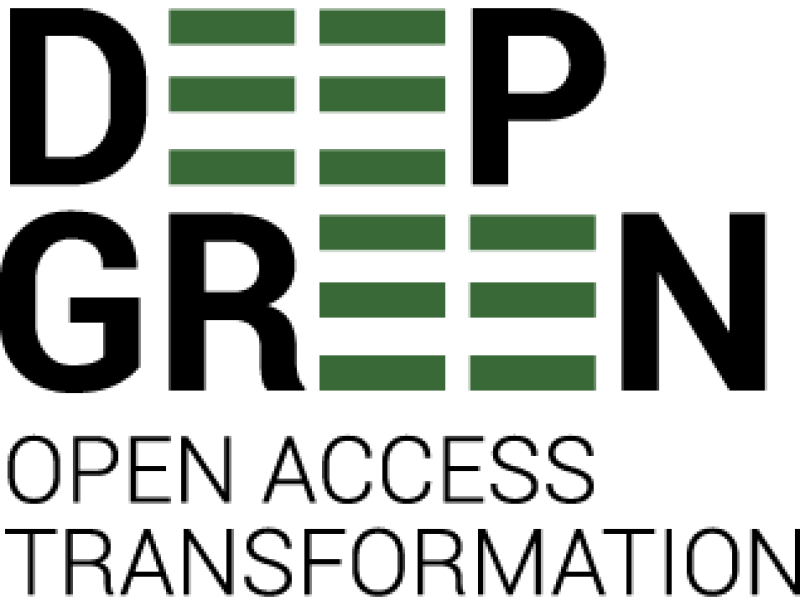Continuing the “Open Access Transformation” in Germany is the goal of a German Research Foundation (DFG) funding line of the same name. One of the projects granted as part of this funding line in July 2015 is “DeepGreen”.
With regard to scientific publications which, based on license rights, can be made freely accessible following embargo periods, the project DeepGreen aims to actually make them available in Open Access. The project focuses on licenses funded by the DFG and negotiated at the national level, the so-called Alliance licenses. They include specific Open Access regulations. However, since the first Alliance agreements were concluded in 2011, experience has shown that the circle of qualified authors (or their institutional representatives) has hardly made use of the Open Access rights that have been agreed upon.
During a project phase running two years, DeepGreen will implement (in a user-friendly manner) the negotiated open access conditions at the technical level and, if possible, automatize this as much as possible. That way, authors would no longer have to manually add publications to open access repositories – nor would this task have to be carried out by the libraries entitled to do so. Instead, publishers themselves can regularly deliver publications via specified interfaces.
To this end, the project partners (University Library of Erlangen-Nürnberg, the Library of the Technical University of Berlin, the Helmholtz Open Science Coordination Office based at the GFZ German Research Centre for Geosciences, the Bavarian State Library and the Library Networks Bibliotheksverbund Bayern and Kooperativer Bibliotheksverbund Berlin-Brandenburg) are setting up a technical platform which will serve as a data hub: Participating publishers can add their publications and metadata via interfaces, while entitled institutional or disciplinary open access repositories can then be provided with that data. It was possible to get the publishers Karger and SAGE on board as pilot partners.
The project launched on January 1st 2016 and is coordinated by Kooperativer Bibliotheksverbund Berlin-Brandenburg (KOBV).
